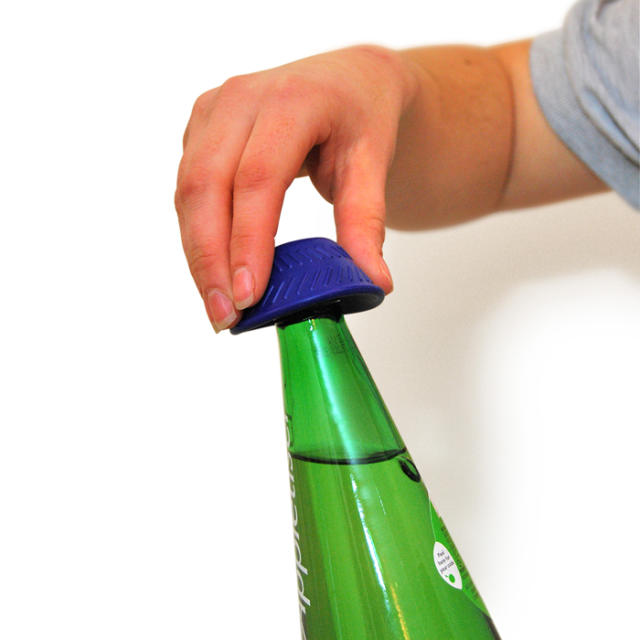Living with arthritis: How to improve your sleep


Nearly three quarters of people with arthritis have trouble sleeping, and that can lead to a vicious cycle, with poor sleep causing more pain. Getting too little sleep is also linked to weight gain, depression and a host of other health problems that can make arthritis even harder to cope with.
See your doctor
If you've been suffering with sleep deprivation for a while, talk to your doctor about your medicines. A pain reliever may help you sleep better but sometimes can actually keep you awake, so make sure the drug you use won't interfere with your sleep.
Your GP may prescribe painkillers and non-steroidal anti-inflammatory drugs (NSAIDs) but painkillers that contain caffeine are best avoided as they may disrupt sleep. Taking a painkiller, like paracetamol (with or without codeine) just before bedtime can ease pain to allow you to get to sleep, but it's unlikely to last all night. Slow-release NSAIDs such as ibuprofen or naproxen reduce pain and stiffness throughout the night – but be sure to talk through the possible side-effects with the doctor first.
Sedatives may also be an option. Drugs like temazepam, zolpidem and zopiclone help you to feel sleepy (though won't necessarily stop you from waking during the night), but shouldn't be taken long-term due to the risk of dependence. Several antidepressant drugs, such as amitriptyline, dosulepin and trazodone, aren't prescribed as sleeping tablets but have sedative effects, and may also help to reduce chronic pain.
If you suffer with painful muscle cramps during the night, your GP will check to see if any drugs you're taking (such as diuretics or statins) could be causing the problem. Stretching before you go to sleep may help, or you may be prescribed a short-course of quinine sulphate. This can help with muscle cramps but won't alleviate other kinds of pain.
Many people have benefitted from relaxation techniques and cognitive behavioural therapy (CBT), which can help to identify and modify any patterns of thoughts and feelings that may be having a negative impact on sleep.
Simple lifestyle changes
Regular exercise not only improves joint pain, but can also help you sleep better. Just don't work out within three hours of bedtime, as this can make it harder to get to sleep.
The same goes for eating a large meal too close to bed. Go easy on caffeine which can keep you awake, and don't use alcohol to help you fall asleep. It can make matters worse by interfering with deep sleep. Instead, enjoy a glass of warm milk or do something relaxing like listening to calming music or taking a warm bath, which will also soothe achy joints.
If anxiety is keeping you up, try keeping a stress diary by your nightstand, so you can jot down the things that are troubling you and go to sleep worry free.
Is your bed comfortable?
A comfortable mattress is especially important when you have arthritis. If yours is more than eight years old, it could be time to get a new one. If your mattress is hard, try adding extra padding to make it softer. At the same time, make sure it's firm enough for you to move positions easily. Some people with neck or upper back pain find that using a soft or moulded pillow helps, while others use a narrow soft foam collar. Remove heavy bedding that can weigh down painful joints.
Your bedroom should be dark, quiet and at a cool, comfortable temperature. Avoid watching TV in bed or looking at a laptop or phone, as this can be too stimulating.
Other health conditions
Finally, remember that arthritis may not be the only health condition that could be affecting your sleep. People with rheumatoid arthritis are more prone to sleep apnoea, pauses in breathing that repeatedly wakes them up, and restless leg syndrome that causes an itchy or crawling feeling in the legs. If you suspect one of these conditions might be disturbing your rest see your doctor about getting treatment.
Three products to make life easier if you have arthritis:

Tenura Kitchen Grip Set, £13.99

Compression Gloves with Grips, £8.99

Biofreeze Pain relieving Gel 118ml, £9.99, from Boots
Related videos:




